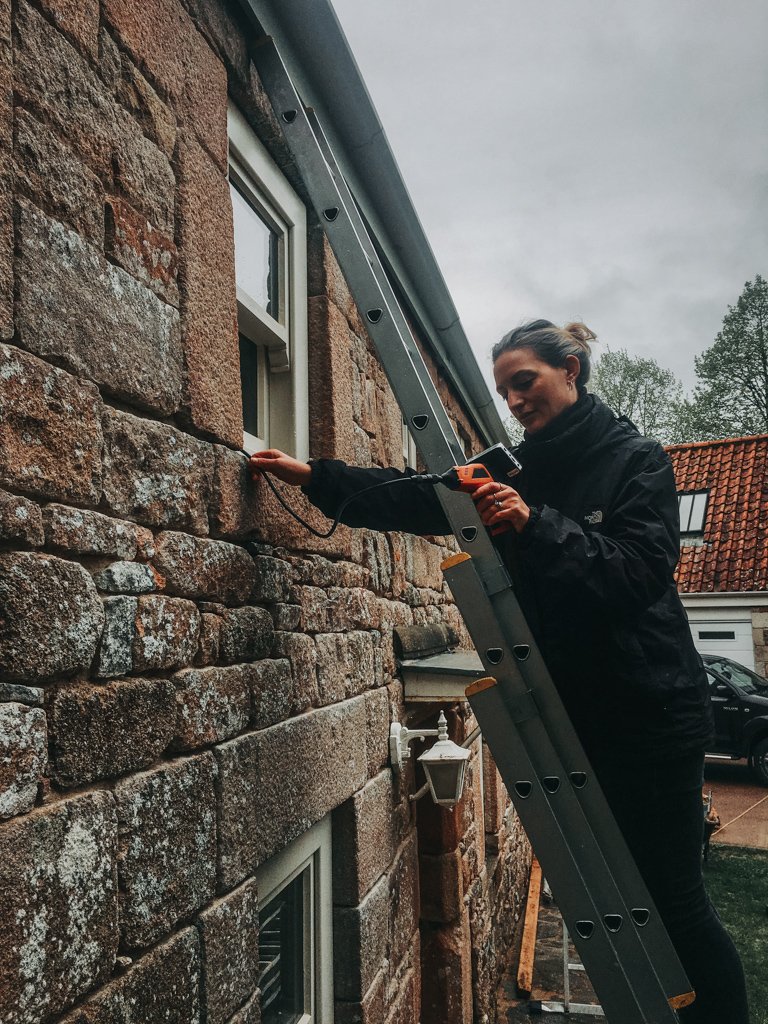
Preliminary (Bat) Roost Appraisal
-
What are Preliminary Roost Appraisals?
Preliminary Roost Appraisals (PRAs) are undertaken as part of the Preliminary Ecological Appraisal (PEA) when buildings, trees or other landscape features on site that possibly contain or support bats, may be impacted by the proposed development works. This day-time scoping survey assesses the suitability of buildings or trees to support bats, which are protected species in both Europe and locally.
This initial survey can take place at any time of the year.
-
How do they work?
If no suitability for the inspected building(s) or tree(s) to support bats is found, then a simple report is written to confirm and justify that use by bats is considered unlikely.
If suitability to support bats is found, Further Protected Species Surveys may be required ahead of your planning application being determined.
These further surveys are seasonally restricted, so consult us early to avoid delays to your project.
-
Why are they needed?
Bat populations have declined drastically throughout the world and they are now a protected species in many countries. Bats and their roosts are protected under the Wildlife (Jersey) Law 2021, requiring any development which may impact protected species to have the input of an ecological consultant.
We work with you to ensure your project can continue whilst a positive outcome for wildlife is also achieved.
-
Where is the small print?
Government of Jersey Land Resource Management require surveys to follow the Bat Conservation Trust Best Practice Guidelines (Collins 2023). These guidelines can be found here, but we have summarised the process in the PDF below.
For Bat Survey and Planning Application Guidance
Peter Mossop, Homestead, St Ouen











